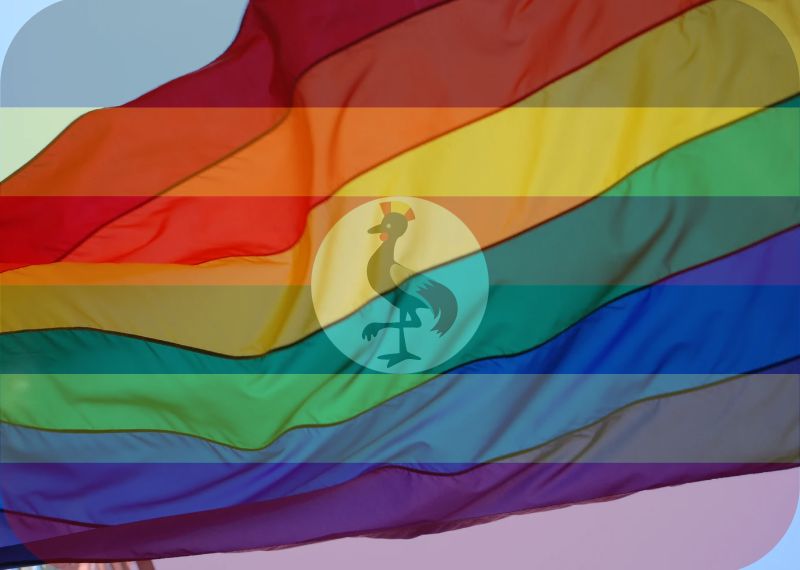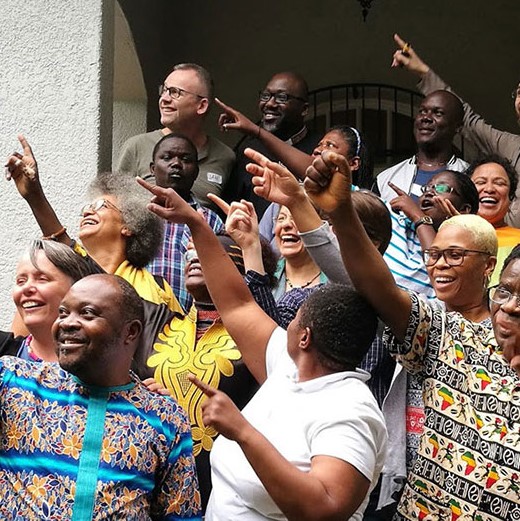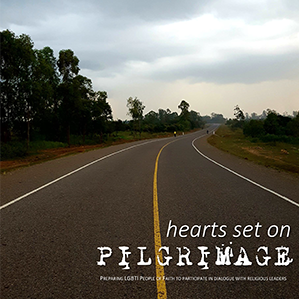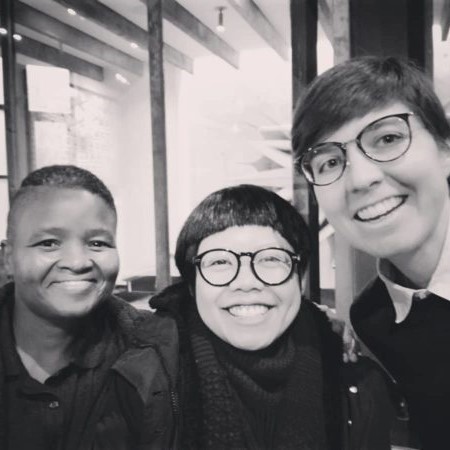As the Global Interfaith Network we condemn the passage of Uganda’s anti homosexuality bill which was passed by the Ugandan parliament on 21 March 2023. This draconian bill seeks to criminalize not only LGBTQ+ activity, but LGBTQ+ identity, as well as any ‘support’ of the LGBTQ+ community in Uganda. Among the punishments are the death penalty for ‘aggravated homosexuality’, life imprisonment for homosexuality, 20 years in prison for ‘promotion of homosexuality’, as well as several clauses which penalize landlords, those who ‘aid and abet’ LGBTQ+ people, by, for example, providing accommodation; those who fund LGBTQ+ activities, and even those who fail to report offences under the bill. The criminalisation of LGBTQ+ identity is a step further than the existing provisions of the Ugandan penal code and means that it will not be possible for Ugandan LGBTQ+ people to advocate for their rights.
Once again – as in 2014 – we reject the premise of this bill and ask the President of Uganda, Yoweri Museveni, to veto it as it undermines the basic human rights of every LGBTQ+ Ugandan as well as those who do not actively seek to oppress them. The bill is ambiguously worded and if adopted will impact not only LGBTQ+ Ugandans but all Ugandans, since the bill undermines all Ugandans’ right to privacy and dignity and further criminalises individuals living with HIV and adults in consensual relationships with people living with disabilities. These are classified under ‘aggravated homosexuality’.
We call on all faith communities to wholly reject this bill, which is being pursued in the name of “protecting the cherished culture of the people of Uganda, legal, religious, and traditional family values of Ugandans against the acts of sexual rights activists seeking to impose their values of sexual promiscuity on the people of Uganda”. Several references to religion and traditional family have been made during the discussion on this bill.
As Dr Nontando Hadebe, lay Catholic theologian and co-convenor of the Circle of Concerned African Women Theologians notes, “From a historical perspective this new bill is in continuity with state and religiously sanctioned violent oppression of specific groups, for example through slavery. In response, Christians resisted oppression and violence in the name of God in whose image all human beings are made and who loves all unconditionally, inviting them to a relationship that has no sexual conditions. The sexualising of God’s love and salvation is the worst form of violence against the unconditional love of God for all of creation. It is God who is being attacked by this bill.”
As an organisation whose secretariat is based in South Africa, we are disappointed by the silence of President Cyril Ramaphosa and the South African government. This silence is in stark contradiction to Resolution 275 of the African Commission on Human and Peoples’ Rights which seeks to eliminate all forms of violence in respect of persons based on their real or perceived sexual orientation or gender identity. In fact, this new bill promotes violence and furthermore
grants the perpetrators impunity against prosecution.
We know that we are all created perfectly by our Creator, and that this anti-LGBTQ+ rhetoric is not in line with the spirit of love that is inherent in all religions and spiritualities. This bill instrumentalises religion to justify hate and harm.
To stop the passage of this bill you can:
• Send letters decrying this bill to your nearest Ugandan embassy (list here)
• Lobby those in your country who could make a difference – including governments, religious leaders,
community leaders, businesses with ties to Uganda, and politicians.
• Spread the word – tell everyone what is happening in Uganda – families, friends, religious communities.
• Organise protests in your country if it is safe to do so and wear your religious attire





